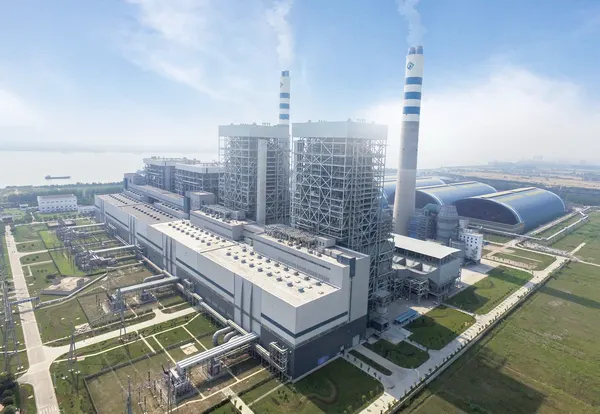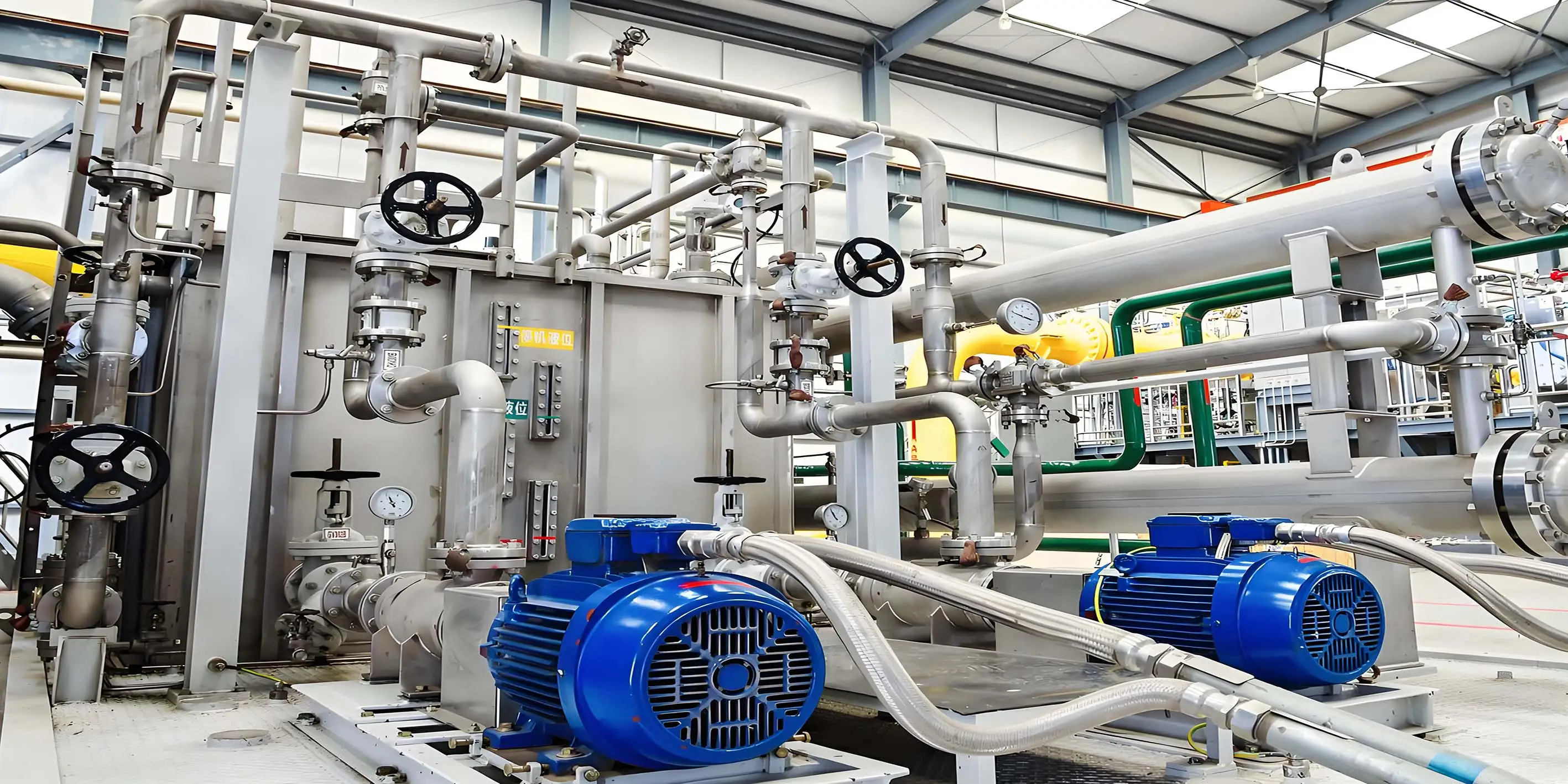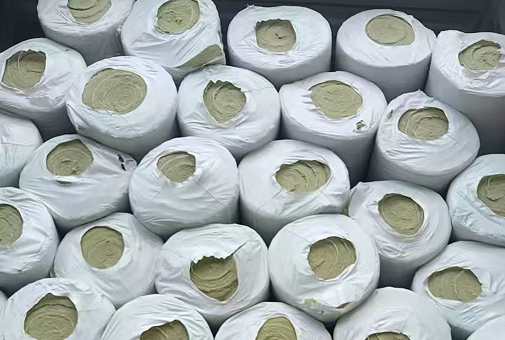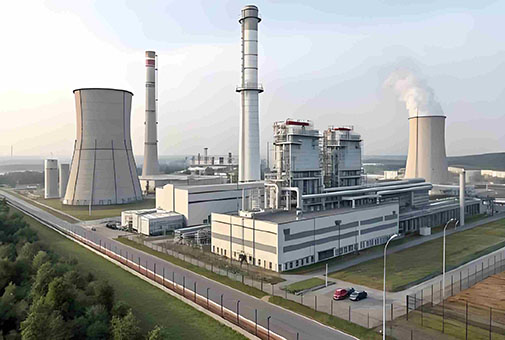In the dynamic realm of power generation, thermal efficiency and equipment durability are paramount. Guodian Taizhou Power Plant, a major contributor to China's energy grid, faced a critical challenge with its 1000℃ high-temperature boilers. This case study delves into how the adoption of
high-temperature resistant calcium silicate board transformed the plant's insulation system, addressing persistent inefficiencies and setting a new standard for industrial thermal management.

Project Background: The Insulation Crisis
The power plant's boilers, operating at temperatures up to 1000℃, were initially insulated with aluminum silicate fiber. However, within just six months, the fiber insulation suffered severe brittleness and failure. This led to a significant increase in heat loss, causing the outer surface of the boilers to reach a dangerously high 150℃. The excessive heat dissipation not only wasted energy but also necessitated frequent and costly maintenance operations, disrupting the plant's continuous power-generation cycle. The plant's management set clear objectives: reduce heat loss, lower operational costs, and extend the lifespan of the insulation system.
Solution: High-temperature Resistant Calcium Silicate Board as the Core Solution
After comprehensive research and testing, the plant's engineering team decided to implement a revolutionary insulation solution centered around high-temperature resistant calcium silicate board. This material, combined with an outer layer of ZS-1 high-temperature coating, formed a composite insulation structure designed to withstand extreme conditions.
Key Features of the Calcium Silicate Board
- Exceptional Thermal Insulation: With an impressively low thermal conductivity of 0.056W/m・K, the calcium silicate board effectively blocked heat transfer from the 1000℃ boiler surface. Its dense structure minimized the flow of thermal energy, ensuring that the heat remained within the boiler system.
- High Compressive Strength: The 28PCF density model of the calcium silicate board boasted a remarkable compressive strength of 881kg/m³. This strength allowed it to endure the mechanical stresses and vibrations generated by the boiler's operation, preventing deformation or damage over time.
- Long-lasting Durability: Unlike the previous aluminum silicate fiber, the high-temperature resistant calcium silicate board was engineered to resist brittleness and degradation even under prolonged exposure to high temperatures.
Installation Process
The installation of the calcium silicate board was a carefully orchestrated process. The boards were mechanically fastened to the boiler surface using high-temperature-resistant anchors and brackets, ensuring a secure and stable fit. Following the installation of the calcium silicate board layer, the ZS-1 high-temperature coating was applied evenly over the surface. This coating further enhanced the insulation's heat-reflecting properties and provided an additional barrier against environmental elements, such as moisture and corrosion.

Impressive Results: A Paradigm Shift in Boiler Insulation
The implementation of the high-temperature resistant calcium silicate board insulation system yielded outstanding results:
- Drastic Temperature Reduction: Post-installation measurements showed a remarkable decrease in the boiler's outer surface temperature, dropping from 150℃ to below 50℃. This significant reduction not only improved the safety of the plant's workers but also minimized heat loss to the environment.
- Substantial Energy Savings: The enhanced insulation efficiency translated into annual energy savings equivalent to 94.8 tons of standard coal. This reduction in energy consumption not only lowered the plant's operational costs but also contributed to its environmental sustainability goals by reducing carbon emissions.
- Extended Lifespan and Reduced Maintenance: The high-temperature resistant calcium silicate board demonstrated an impressive lifespan of over three years, three times longer than the previous insulation material. This extended durability led to a significant reduction in maintenance frequency and costs, as the plant no longer needed to replace the insulation as frequently.
Conclusion: A Testament to Innovation and Efficiency
The successful boiler insulation renovation at Guodian Taizhou Power Plant using
high-temperature resistant calcium silicate board serves as a shining example of technological innovation in the power-generation industry. By leveraging the unique properties of this advanced material, the plant achieved substantial improvements in thermal efficiency, cost savings, and equipment longevity. For other power plants and industrial facilities facing similar insulation challenges, this case study highlights the potential of high-temperature resistant calcium silicate board as a reliable, high-performance solution for high-temperature insulation applications.




